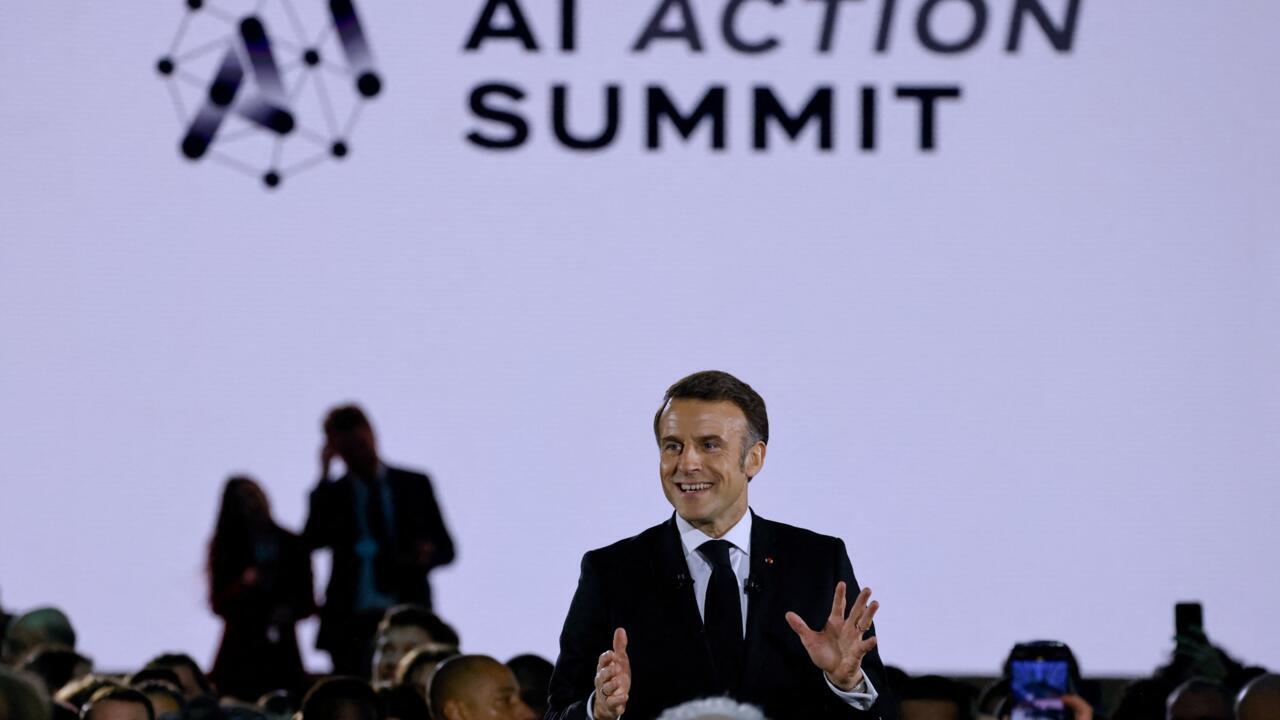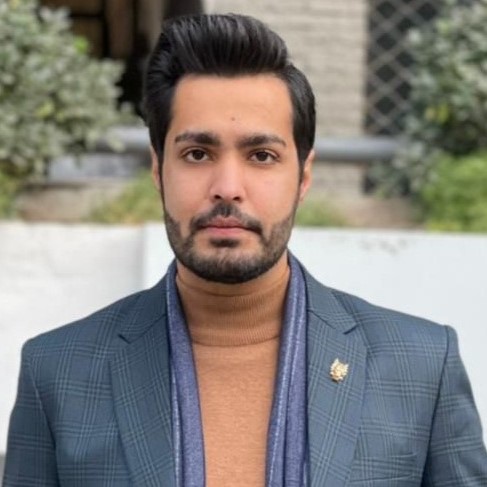The French AI Action Summit, held in Paris on February 10-11, marked a significant step in France’s push to establish itself as a key player in global Artificial Intelligence development. Hosted at the historic Grand Palais, the summit showcased France’s commitment to technological advancement, blending policy discourse, industry collaboration, and diplomatic engagement.
With over 100 countries and major AI industry figures such as Sam Altman (OpenAI), Google, DeepMind executives, and political leaders in attendance, the summit provided an open platform for AI diplomacy and industry partnerships. France’s focus on techno-optimism set it apart from the UK’s AI Safety Summit (2023), which emphasized existential risks that AI poses. Instead, France promoted AI as an economic and technological opportunity, balancing regulatory concerns with fostering innovation.
The summit was more than just another diplomatic gathering; it was a calculated move to reposition France as a global AI leader. With President Emmanuel Macron announcing a staggering €109 billion investment in AI infrastructure, France made a resounding statement—AI is not just about technology, but about national strategy, economic power, and geopolitical leverage. The majority of this investment will fund data centres and infrastructure, with significant partnerships involving Middle Eastern stakeholders, particularly from the UAE. Macron emphasized France’s nuclear-powered energy infrastructure as a major advantage for AI development, contrasting it with fossil-fuel-dependent economies. His assertion that :“In France, we don’t need to drill, baby, drill. We just plug, baby, plug.”—was not just a rhetorical flourish but a direct challenge to energy-intensive AI economies dependent on fossil fuels.
Yet, beneath the grandeur of the announcement, the summit also revealed deep fissures in global AI governance, particularly between the U.S., the UK., and the European Union (EU). One of the most striking moments of the summit was the United States and the United Kingdom refusing to sign the AI declaration, an outcome that underscores growing tensions in global AI policy. The U.K. justified its decision by pointing to the lack of “practical clarity” on global governance and security concerns. While the U.K. had been a leader in AI safety discussions—hosting the Bletchley Park AI Safety Summit in 2023—it appears to be undergoing a strategic shift. The recent rebranding of the UK AI Safety Institute to the UK AI Security Institute signifies a move away from broad AI safety concerns toward a focus on national security and AI’s implications for defense and cybersecurity
The United States , on the other hand, objected to language around multiculturalism, environmentalism, and multilateralism, viewing it as misaligned with its current AI policy priorities. A crucial development was U.S. Vice President JD Vance’s speech, which marked the first major AI policy address by the Trump administration. Vance underscored America’s commitment to AI leadership while criticizing excessive EU regulation as a threat to technological innovation. “I’m not here to talk about AI safety. I’m here to talk about AI opportunity”, the American VP contended. He pointedly snubbed European Commission VP Margrethe Vestager, leaving the venue before her speech—a clear diplomatic signal of U.S. frustration with EU policies.
This shift also reflects broader political calculations—terms like “AI safety” have become politically charged, with conservatives in both the U.K. and the U.S. viewing such discussions as veiled attempts at AI regulation that could stifle innovation.
Despite France’s optimism, the EU as a whole faces significant challenges in competing with the U.S. and China in AI development. While Macron’s French Tech initiative seeks to support startups and incentivize AI innovation, the broader EU regulatory environment remains a stumbling block.
The EU’s recent proposal to create a CERN-like AI research initiative highlights its commitment to scientific collaboration, but this approach may not be enough to catch up with the rapid commercialization of AI seen in the U.S. and China. While Europe excels in AI research, it lags significantly in AI commercialization, a gap that initiatives like the AI Champions initiative (€150 billion) and Invest AI (€50 billion) aim to address. However, even these massive sums may pale in comparison to the private sector-driven AI investment in the U.S.
A major undercurrent of the summit was the growing role of Middle Eastern states—particularly the UAE—in AI investment. The UAE-backed MGX, which has also invested in OpenAI’s Stargate project, was a key player in France’s investment strategy. The UAE’s deep pockets and commitment to AI dominance make it a formidable force in shaping the global AI landscape.
However, such partnerships raise geopolitical concerns. Reports suggest that the UAE has expressed interest in acquiring French AI company Mistral, a move that French officials are unlikely to approve due to national security considerations. The involvement of sovereign wealth funds in AI development presents a complex challenge—while they provide much-needed capital, they also bring potential national security and economic sovereignty risks.
The French AI Action Summit provided a glimpse into the future of AI governance—a fragmented, multi-polar world where different regions pursue distinct AI strategies. The U.S and France prioritize AI as an economic and strategic asset, while the EU remains caught between innovation and regulation. Meanwhile, the UK is shifting toward an AI security framework, and Middle Eastern investors are asserting themselves as major players.
The absence of a unified global AI regulatory framework suggests that AI policy will likely be dictated by strategic alliances and economic interests rather than consensus-driven governance. As AI becomes increasingly embedded in national security, commerce, and geopolitics, its governance will become a battleground for global influence. What is clear from the summit is that AI is no longer just a technological issue—it is a defining feature of global power dynamics. As countries navigate this new era of AI-driven geopolitics, the stakes have never been higher.
If this is the state of divergence among Western States, the techno politics of AI would be even more dismal in Global South which is already affected by lack of access to emerging technology and lack the infrastructural strength of wield smart AI systems, let alone create something of their own. The “ haves” and “ have nots” of global AI race will become even more demarcated in upcoming years.

Table of Contents
ToggleHammad Waleed
Hammad Waleed is a Research Associate at Strategic Vision Institute, Islamabad. He graduated with distinction from National Defence University, Pakistan. He writes on issues pertaining National Security, Conflict Analysis, Strategic forecast, and Public Policy. He can be reached at hammadwaleed82@gmail.com.













